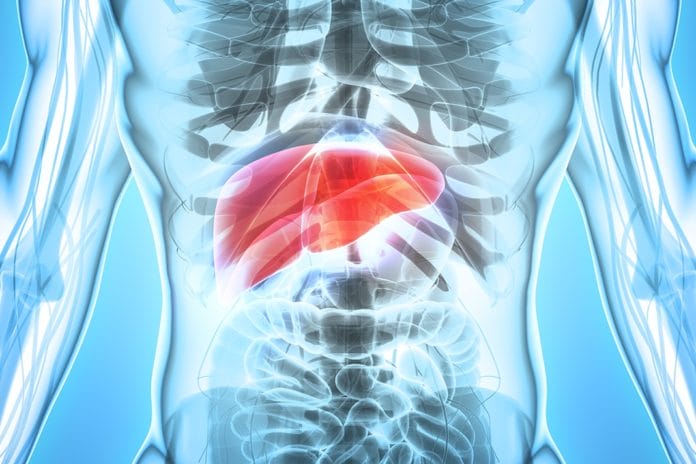Patients have probably heard stories about the way poor oral health can lead to a variety of medical conditions, some of them serious. However, some patients may have doubts about the seriousness of the oral-systemic link.
In June of this year, the Mayo Clinic put many people’s doubts to rest when it published “Oral Health: A Window to Your Overall Health.” This analysis concluded that poor oral health allows harmful bacteria in your mouth to enter other parts of the body—and that can put you at risk of developing several diseases:
“Like other areas of the body, your mouth teems with bacteria — mostly harmless. But your mouth is the entry point to your digestive and respiratory tracts, and some of these bacteria can cause disease. Normally the body’s natural defenses and good oral health care, such as daily brushing and flossing, keep bacteria under control. However, without proper oral hygiene, bacteria can reach levels that might lead to oral infections, such as tooth decay and gum disease.”
What Is Poor Oral Health?
Most people learn effective dental hygiene practices before they learn how to read. Unfortunately, that doesn’t always mean that they do the things necessary to maintain good oral health. You’re likely to have poor oral health if you fail to:
-Brush your teeth for two minutes, twice per day
-Use a fluoride toothpaste
-Clean in between your teeth every day
-Limit the amount of sugar in your diet
-Change your toothbrush every three months or after an illness
-See your dental hygienist every six months (or 3-4 months, depending on your periodontal condition) for professional periodontal treatment/dental cleaning
What Diseases Can Poor Oral Health Cause?
Poor oral health has been linked to several serious medical conditions, including:
-Heart disease: several research studies have concluded that poor oral health (in particular, oral bacteria) can cause infections that result in clogged/inflammed arteries and other forms of heart disease
-Endocarditis: this is a serious (and sometimes fatal) condition which begins with an infection that can come from oral bacteria that enter your bloodstream. This infection can then spread to other parts of your body, including your heart. In the case of endocarditis, the infection attaches to the inner lining and valves in your heart
-Pneumonia: when you don’t practice good dental hygiene, the bacteria in your mouth can enter your lungs, and that can lead to pneumonia and other respiratory problems
-Complications with pregnancy: poor oral health can cause periodontitis (inflammation of the tissue surrounding the teeth), and periodontitis can lead to premature birth and low birth weight
-Other oral-systemic diseases include an increased risk of oral/pharyngeal cancer, gastrointestinal cancer, lung cancer, vision loss, pancreatic cancer, diabetes, rheumatoid arthritis, stroke, Alzheimer’s, Lupus, and more.
Poor Oral Health Linked to Liver Cancer
Researchers continue to discover medical problems associated with poor oral health. Earlier this year, for example, scientists at Queen’s University Belfast found that poor oral health practices increased the likelihood of developing liver cancer by 75%. Those researchers also found evidence that poor oral health can lead to other forms of cancer, including cancer of the colon, rectum, and pancreas.
Although that study was rigorous (involving, for example, more than 469,000 people throughout the UK) and conclusive in finding this linkage, researchers could not with certainty demonstrate the specific biological mechanisms which linked poor oral health and liver cancer. They theorize, however, that, because the liver’s role is to remove bacteria from the body, and because poor oral health creates a substantial increase in the number of bacteria, the liver must work harder to remove them. Over time, this weakens the liver and increases the probability of liver problems, like cancer.
Conclusion
Our understanding of the ways in which poor oral health puts people at greater risk of disease expands every day. One can, of course, dismiss or ignore the results of research studies like those noted here, but why put yourself at risk? A more prudent approach is simply to follow good oral health practices.












